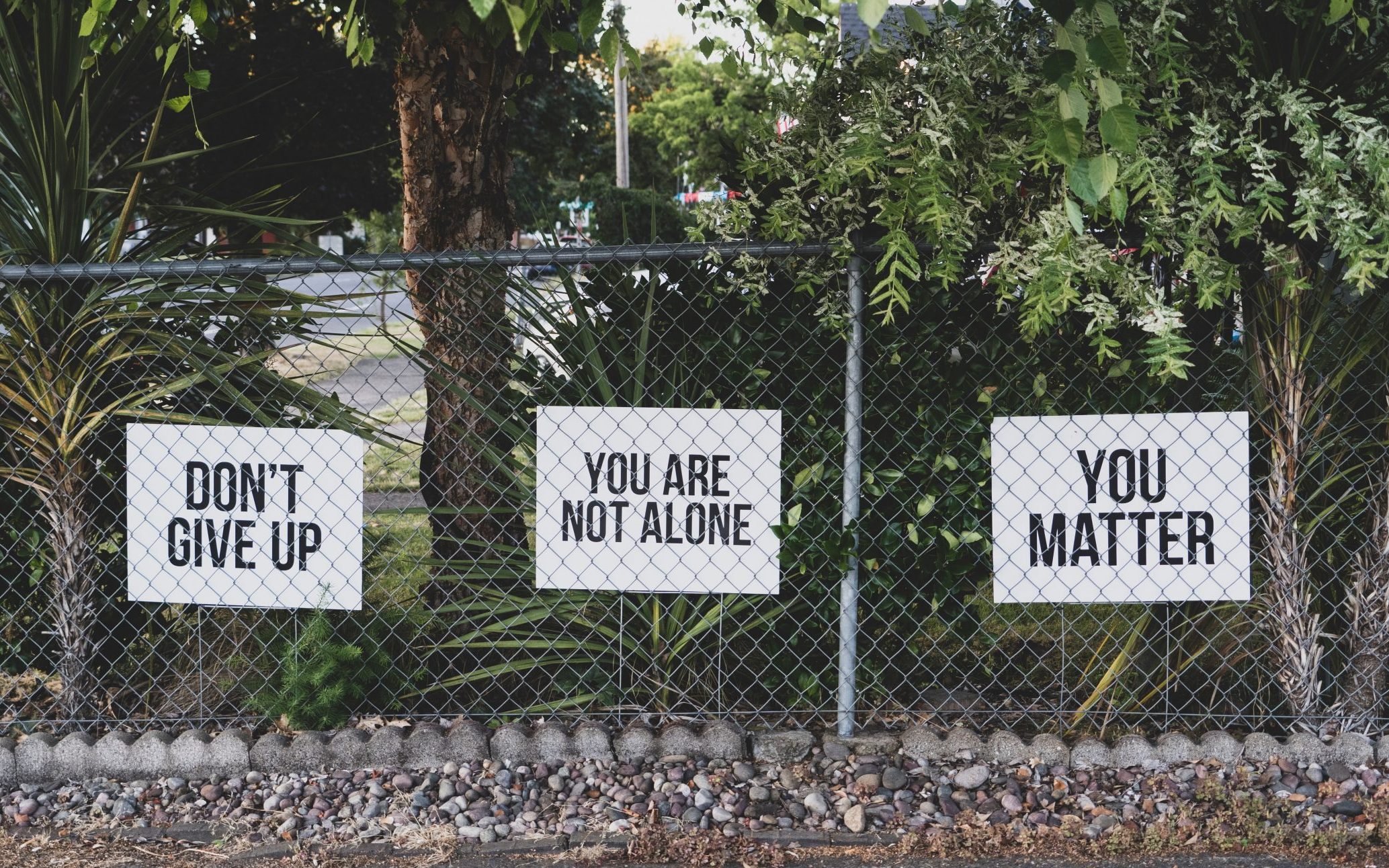My honours thesis is focusing on the ways in which rap group NWA’s lyrics have affected Black American women. NWA’s music functioned as protest music against violent white supremacy in the form of police brutality, while simultaneously reinforcing dangerous stereotypes of African American women, stereotypes which were created during slavery. While their lyrics depicting women are most certainly misogynistic, the lyrics are not born of an innate sexism and hatred of women, but of the institutional oppression, discrimination, and violence that those rappers and all Black American men were subject to. The thesis is divided into four chapters, of which I’ll give a brief overview.
Chapter One, “No Justice, No Peace,” examines the social, political, economic, and cultural climate from which NWA emerged in South Central Los Angeles in the mid-late 1980’s. Much of this chapter is dedicated to the effects of police brutality, drawing from first-hand accounts of African-American residents who lived in South Central (mostly the communities of Watts and Compton). I focus on the song “Fuck Tha’ Police” and its usage as a protest song against the extreme oppression and discrimination that extremely high rates of African American teenagers, young men, and men were subjected to.
Chapter Two, “Multidimensional Oppression,” explains the concept of intersectional feminism (coined by race and feminist scholar Kimberle Crenshaw) and why it is necessary when analyzing rap music lyrics. I then explain various stereotypes and controlling images that were created during slavery as a means of oppressing African American women and reinforcing white supremacy, capitalism, and patriarchy. These controlling images include the Mammy, the Sapphire, the Jezebel, the Angry Black Women, the Black Matriarch, and the Welfare Mother/Welfare Queen (I draw largely from Patricia Hill Collins research in this section). I explain how society has reinforced, and continues to reinforce, these controlling images through various mediums of popular culture; I also explain the very real, lived effects of these images, such as higher rates of domestic violence towards Black American women.
Chapter Three, “Despicable Females,” provides an analysis of seven NWA songs that utilize the controlling images of Black American women that were presented in Chapter Two. Based off of MC Ren’s description of the women they rap about as “despicable females” (in a 2015 Rolling Stone magazine interview), I coin the concept of the “despicable female trope,” an umbrella term for any and all stereotypes of Black American women. The despicable female trope is utilized in NWA’s music to excuse, justify, and even warrant sexualized violence, assault, and murder of Black women by Black men in NWA’s lyrics. For example, when the lyrics describe the central woman of the song as a “ho” or a “bitch” (directly drawing from stereotypes of Black American women), that woman is consistently violently punished through assault, rape, or murder. I conclude in this chapter that, while the usage of the despicable female trope is most certainly misogynistic and has the potential to have real-life damaging effects on the lives of Black women, these songs still function as a form of protest music against oppression. The rappers, as Black men, faced extreme levels of violence in their daily lives; through the medium of rap music, they were able to reclaim both false and real control of their lives by subjugating a group of people who had even less power than them.
The fourth chapter, “Musical Hardness and Masculinity,” examines how the “hardness” of the musical content is both created and reinforced by Black masculinity. I draw from popular music musicologist Adam Krims’ work explaining the concept of musical hardness (layering and sampling techniques, distorted bass lines, quality of voice, etc.) in various songs which center around topics of gun violence, fights among gang members, and other themes that tend towards masculinity. (I have yet to finish this chapter which is why the explanation of it isn’t as lengthy!)
What I’ve learned throughout the process of writing this thesis is to really understand my own privilege and how that inevitably affects the way in which I write this thesis. As a white, educated woman, I cannot speak to the struggles of Black American men or women. Bell Hooks writes that in order to work towards unity, understanding, and compassion, we must employ the mindset not of speaking for those who are oppressed, but with those who are oppressed. In a current social climate which necessitates movements such as #BlackLivesMatter, this guidance has extremely relevant meaning. Moving towards understanding why NWA rapped about Black American women the way that they did can help us understand how to dismantle those social and cultural institutions which maintain the subjugation of historically oppressed groups.





